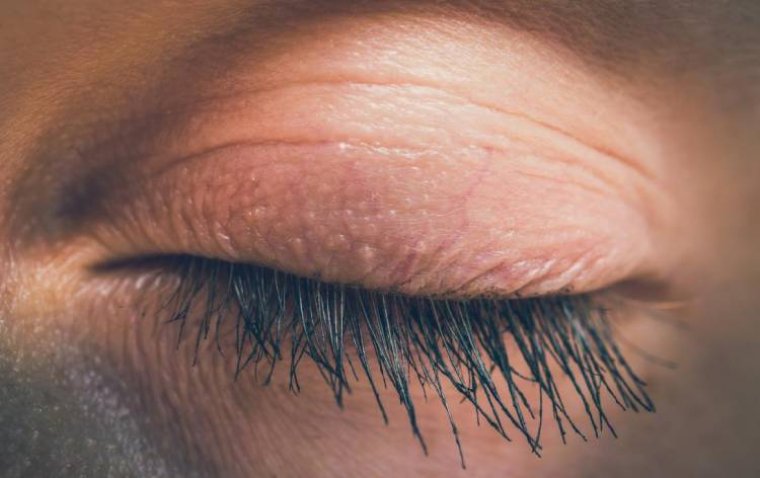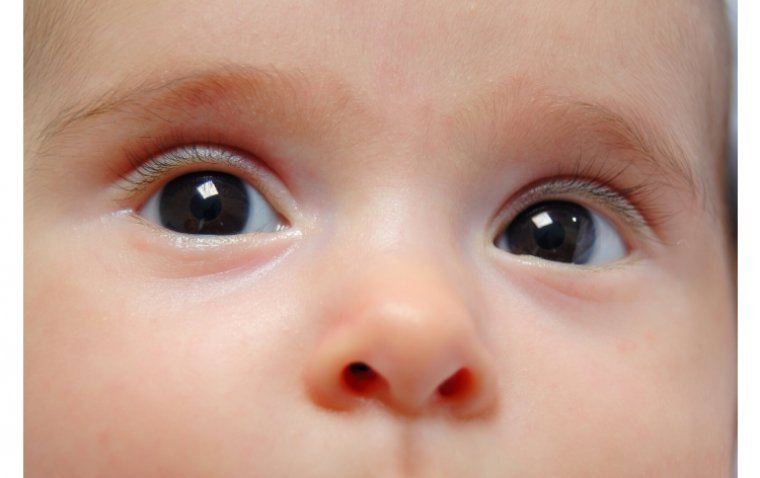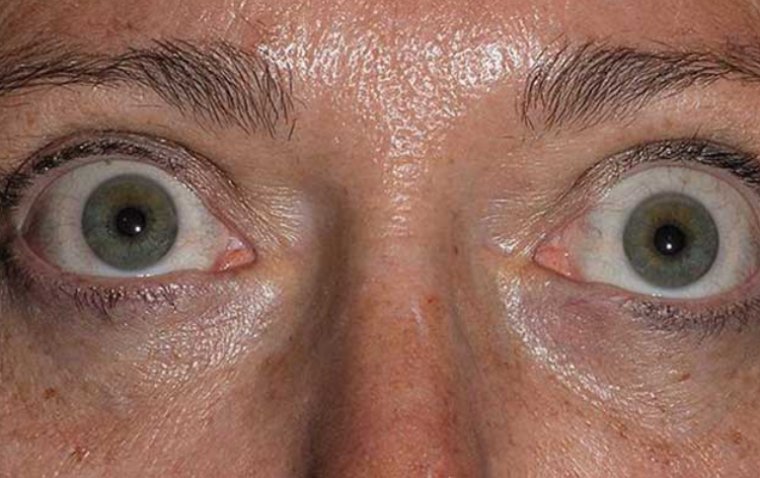
New Research Uncovers Link Between Gut Bacteria and Inherited Eye Diseases
Researchers from University College London and Moorfields Eye Hospital have discovered a link between gut bacteria and vision loss in some inherited eye diseases. This pioneering research, conducted on mice, suggests that antimicrobial treatment might offer a new avenue for combatting these conditions.
The focus of the study was on the deterioration of sight resulting from a specific genetic mutation known to contribute to blindness. Intriguingly, the research team discovered gut bacteria within the damaged regions of the eye, hinting at a potential pathway through which these harmful bacteria could play a role in the progression of blindness.
Published in the esteemed journal Cell, the findings highlight the significance of the Crumbs homolog 1 (CBR1) gene, which is expressed in the retina and is pivotal in upholding the blood-retina barrier—a key element in preserving eye health.
Mutations in the CRB1 gene are linked to severe inherited eye conditions such as Leber congenital amaurosis (LCA) and retinitis pigmentosa (RP), both of which can lead to significant vision loss or blindness. The study unveiled a hitherto unknown role of the CRB1 gene in safeguarding the integrity of the lower gastrointestinal tract, thereby providing a protective mechanism against pathogens.
"We found an unexpected link between the gut and the eye, which might be the cause of blindness in some patients," said Co-lead author Professor Richard Lee from UCL Institute of Ophthalmology and Moorfields Eye Hospital NHS Foundation Trust, underscoring the significance of this discovery.
The implications of these findings are profound, suggesting that antimicrobial interventions could potentially halt the progression of CRB1-associated inherited eye diseases. With plans to extend this research into human clinical studies, the team is optimistic about the future of treating these eye conditions.
"Our findings could have huge implications for transforming treatment for CRB1-associated eye diseases…whether treatments targeting bacteria could prevent blindness," Professor Lee elaborated on the potential impact of their research.
This study not only opens up new pathways for understanding the complex relationship between our gut microbiome and eye health but also paves the way for innovative treatment strategies that could significantly improve outcomes for individuals affected by these challenging genetic eye diseases.
(1).jpg)










